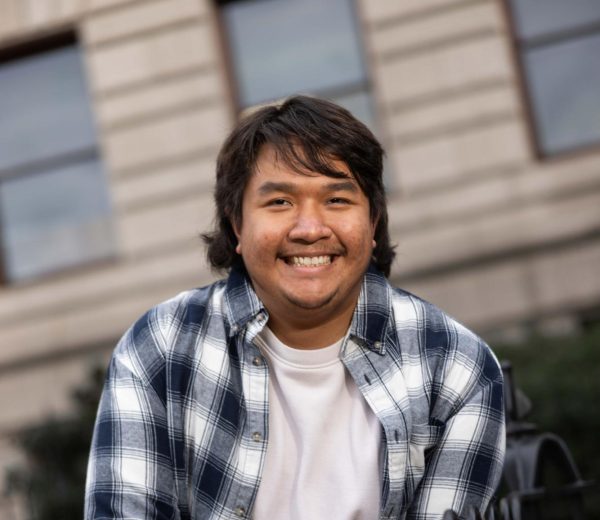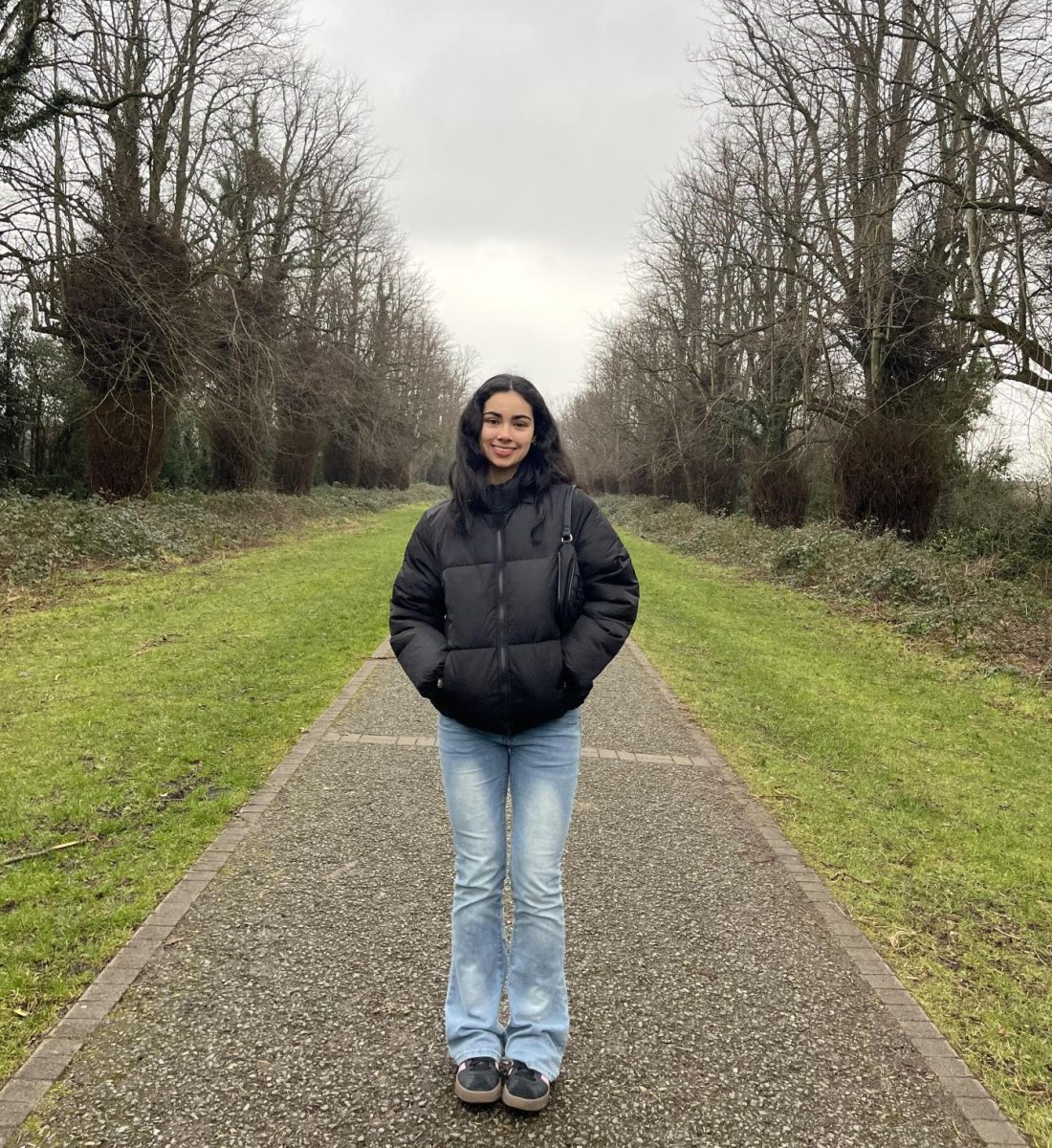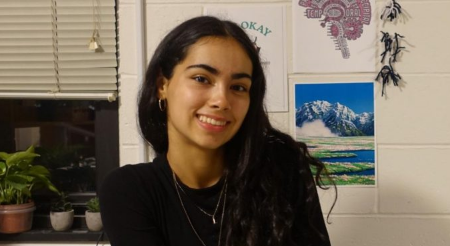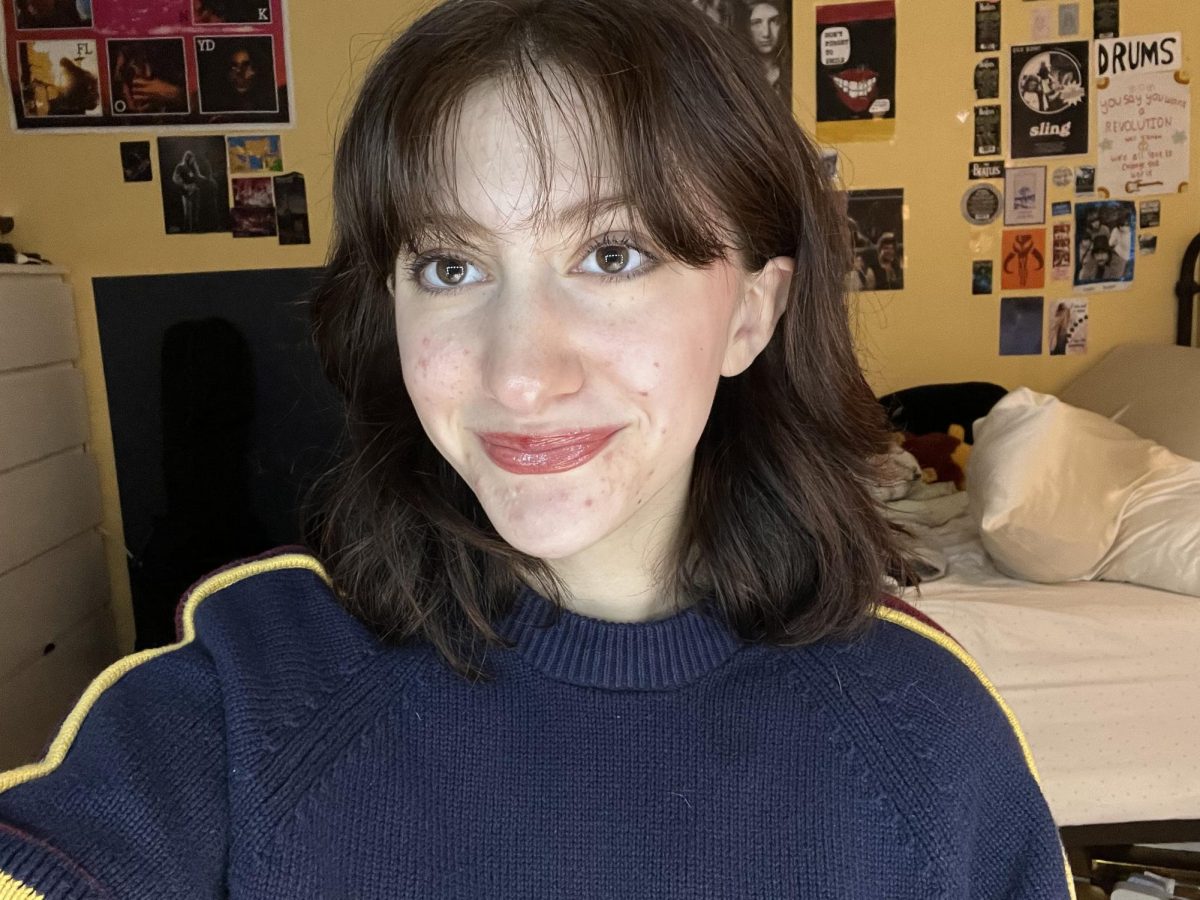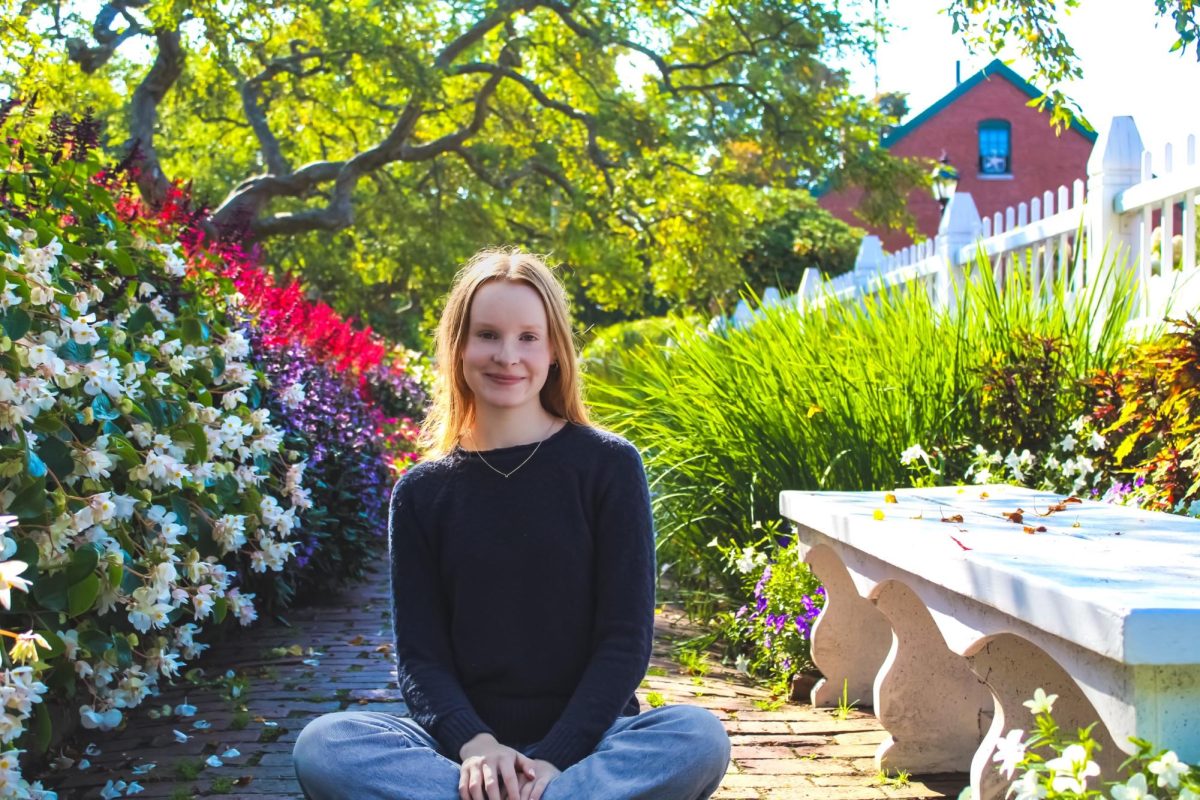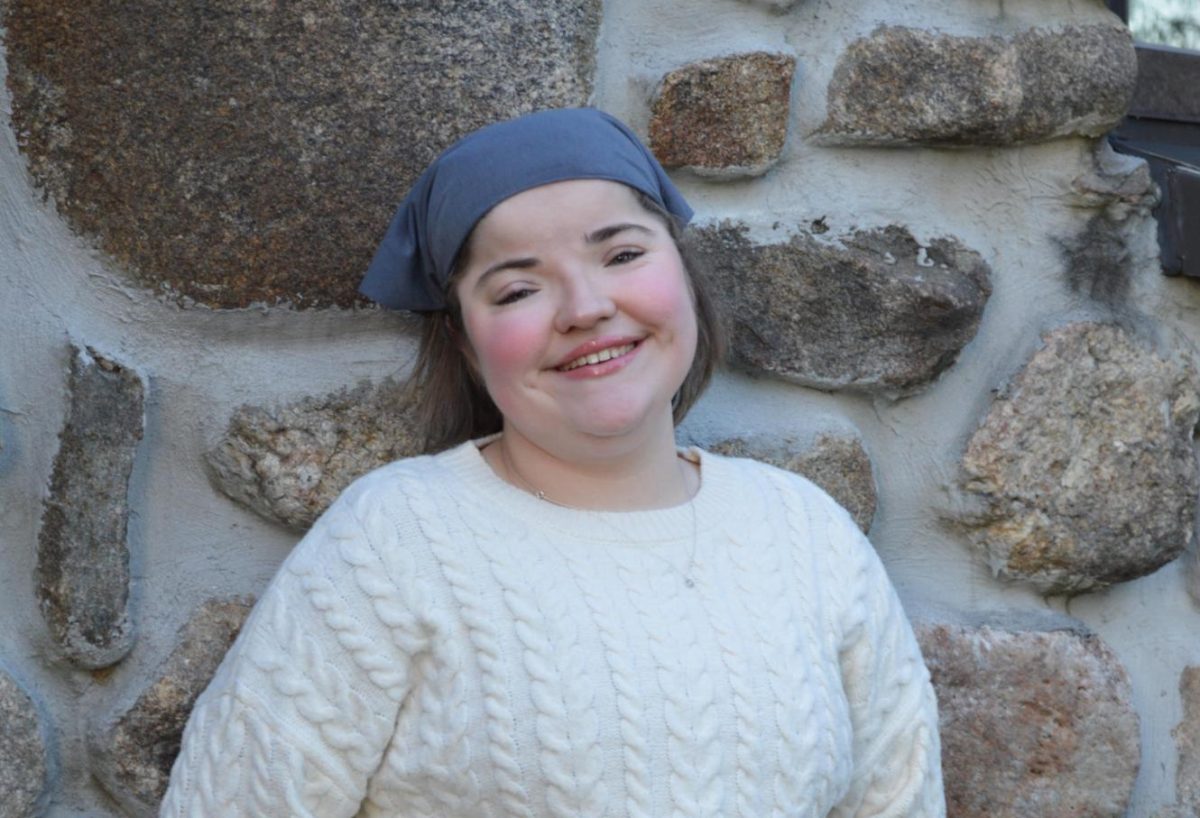
One summer night, my family decided to eat at Moe’s, a Mexican grill restaurant that always fit the budget. An employee asked us if we wanted a side of guacamole. My mom interjected, “No thank you.” My dad certainly wanted the guac – in fact, he wanted the biggest size. Uh-oh.
My parents started arguing about whether to buy the bowl of guac. It was eight dollars. To most, this would be a trivial argument, but we had just taken in four family members. Our household size had doubled, but the money coming into our wallets certainly hadn’t.
My mom was trying to save eight dollars because that’s half of what she made in an hour at the time. Other people were in the restaurant, so I tried to quell the guac crisis. I even offered to pay the eight dollars since I had a job to help pay for the rising bills.
Then my dad snapped: “You don’t bring money with you when you die!”
We ended up buying the guacamole.

The clashing of their perspectives over a bowl of guacamole puzzled me. My parents had such different standpoints despite both growing up poor as children. My mom escaped Vietnam as a child with her family. Two adults and eleven children crammed into one boat and later crammed into one small house. Everyone survived the conditions they endured, but my mom and her siblings now have life-long effects. For example, line them up, and you’ll see that the men are significantly taller than the women. It was because the daughters would get the leftovers that the sons didn’t eat. Now, my mom gets very anxious about money because she knows what true hunger is like.
Around the other side of the world, my dad is a member of the indigenous Lenca tribe in Honduras. A characteristic of the tribe is that we are a mountainous people. Tribal members take advantage of the climate to grow coffee. Despite being profitable to sell in America, coffee is not profitable to grow, and many Lenca live in poverty.
Knowing what poverty did to my mom’s family, I expected to see people worse off when I went to Honduras, a country infamous for low standards of living. However, I found myself holding a cup of coffee every time I visited a new person’s house. Coffee? I also noticed that Hondurans drink Pepsi with every meal. Pepsi? I was shocked to see they were spending money on such things when they could spend it on food that would better feed them. Were they not concerned about money? It didn’t matter who it was, including this elderly couple I met, the husband being blind, and the wife unable to walk.
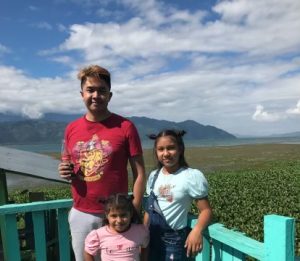
The wife would end every sentence with “Gracias a Dios.” Thanks to God. Thanks to God? Thanks for a life of poverty? But I soon realized that she thanked God for her happy life. Although she didn’t have money, she had a husband, children, and land to live with them on. She had people who would make her more happy than what numbers on a banking statement could.
I myself have grown up with little money, moving from house to house and going from pantry to pantry. Having a well-off household certainly would have made my life easier, but I’m unsure whether it would have made it happier. In reflecting, I noticed that many of my mom’s siblings have become well-off but are still unhappy. They worked so hard to make money because they thought it would make them happy. However, they had to keep out the little things in life like friends, good-tasting food, and fun. I’ve always admired their work ethic, but I’ve always wondered if I myself could adopt it if it meant leaving out everything I enjoyed.
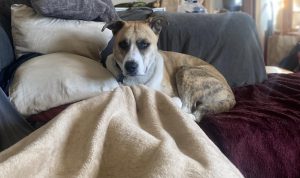
After reflecting on my family’s experiences, I’ve realized that those little things in life are worth more than all the money I’d make in my lifetime. I’ve spent my life working excessively hard in fear of the life of poverty that would follow me in adulthood. Even with the activities I enjoy in and outside of school, I’ve never had a real time to sit down and relax. Because of work, I’ve left home at 7AM but returned at midnight, delayed responding to friends’ text messages, and been with family – and my beloved dog – a lot less. The struggle in life is certainly fulfilling, but life is more than draining yourself to watch a number with a dollar sign go up.
So I’ve decided I certainly will buy that Dunkin’ Donuts coffee ordering an extra espresso shot with it. I’ll buy that pack of soda, but it’ll probably be Coke and not Pepsi. And at Moe’s, I’ll buy that large bowl of guacamole, maybe even the queso too.
Here’s What Jason Said About his Essay:
It was a week before the QuestBridge Match Application Deadline. I had worked on my application essay for months, even brainstorming in my junior year. I tweaked various parts of my essay until I felt it was perfect. Something was still off, but I told myself that I liked it – even though I subconsciously did not.
Ms. Ledoux, my English teacher, gave us an assignment that made us brainstorm ideas for an essay even if we already had written one. With it, I could explore topics for my essay even though I was set in stone with it. I am truly thankful for this assignment because it made me realize that I hated my previous essay. Despised it.
I always thought that the college application was a way to present your best self to the colleges you apply to. That you should hide any flaws and only show your best. In my previous essay, it was really about marketing myself to the colleges rather than just showing them who I truly was. It lacked my voice, my personality, and my passions. It lacked who I was.
I was hesitant to start from square one, especially with less than a week left to apply. I decided to go with my gut, however, and went to work with topics that I was more passionate about: spending money, family, and guacamole. I finished this essay within just a few hours and had a lot of fun with it. I feel that choosing a topic I was truly passionate about allowed the essay to fly off my fingertips, and I was happier with it. Still, the clock was ticking – I did not have much time yet.
I got to editing the piece ASAP, and honestly, I feel some parts are funky with the wording. There are some redundancies and some parts that I wish I had taken out. I also felt I could have talked more about myself.
Despite this, my application was very successful, and was admitted to a majority of colleges I applied to – many being top colleges in the country. I feel this goes to show that essays do not have to be perfect, and perhaps even that imperfection shows that you are human. I will say that it is vital to not make spelling mistakes or grammatical errors. However, do not be afraid to make mistakes in other regards.
Looking back, I am grateful I changed this essay even though it led to some imperfections. In writing this reflection, I even considered omitting some parts of the essay. To show the point of an imperfect essay being all right, I decided to show the whole thing. This essay allowed many great options for me, from the middle of nowhere in Maine, the beautiful suburbs of Philadelphia, to sunny Southern California, and I am excited to see where I end up.

